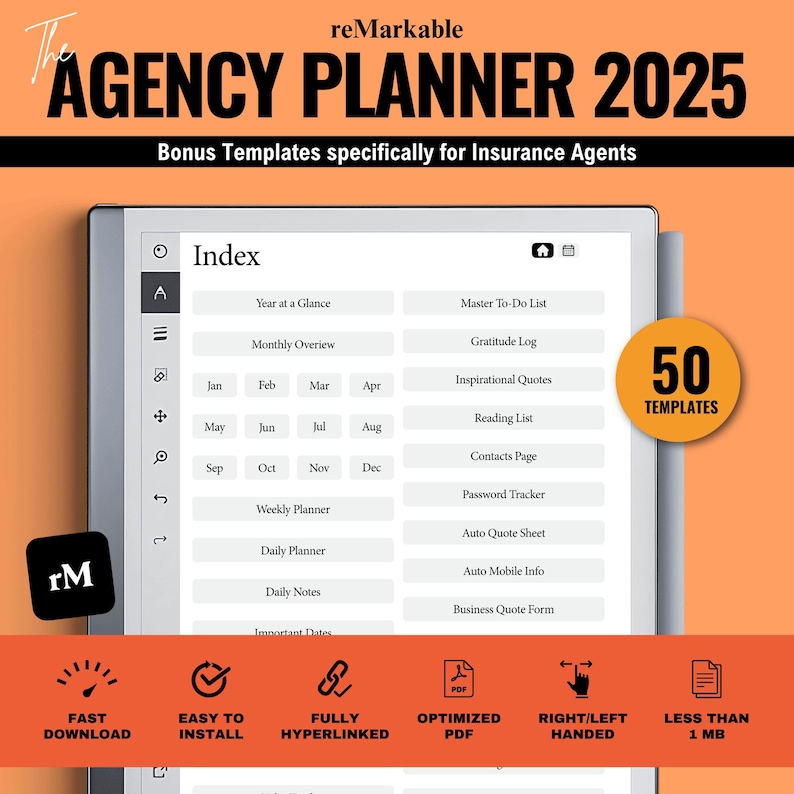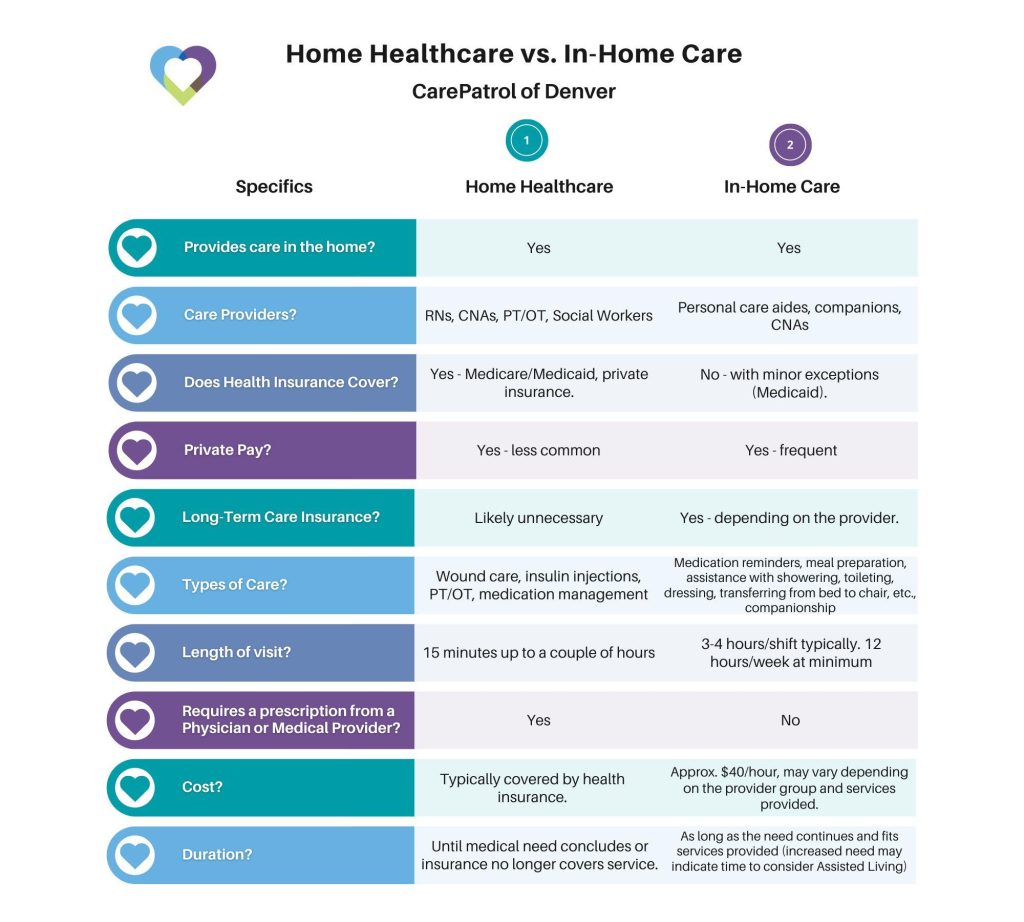Starting your own home health care business is an exciting journey full of rewarding moments. But as a small business owner in this field, you know that protecting your venture—and your peace of mind—means having the right insurance coverage in place. Navigating the world of insurance can feel overwhelming, especially when there are so many options and legal requirements to consider. Don’t worry, though! In this blog, we’ll share practical insurance tips tailored specifically for home health care providers like you, helping you safeguard your business, your staff, and the people you care for. Let’s dive in!
Table of Contents
- Choosing the Right Insurance Policies to Protect Your Small Home Health Care Business
- Understanding Liability Coverage and Why It Matters for Care Providers
- Tips for Lowering Premiums Without Sacrificing Essential Coverage
- How to Navigate Claims and Work Effectively with Your Insurance Company
- In Summary
Choosing the Right Insurance Policies to Protect Your Small Home Health Care Business
When deciding on insurance policies for a small home health care business, it’s essential to prioritize coverage that addresses both the unique risks and the operational demands of your work. Consider policies like General Liability Insurance to protect against accidents or injuries on your premises, and Professional Liability Insurance (also known as Errors & Omissions) to safeguard your business against claims of negligence or mistakes in care. Additionally, Workers’ Compensation Insurance is vital if you employ caregivers, ensuring that both you and your team are protected if injuries occur on the job.
Beyond these staples, there are other coverages to evaluate depending on your business structure and services offered. These might include:
- Commercial Property Insurance to protect your office space and equipment.
- Cyber Liability Insurance if you handle sensitive patient data digitally.
- Business Interruption Insurance to cover lost income during unforeseen closures.
Working closely with an insurance agent who understands the nuances of home health care can help tailor a policy package that fits your budget and offers comprehensive protection.
Understanding Liability Coverage and Why It Matters for Care Providers
When it comes to protecting your home health care business, liability coverage is a crucial safety net. This type of insurance safeguards you and your team from the financial fallout of claims related to injuries, property damage, or negligence that might occur during the course of providing care. Without adequate liability coverage, a single unforeseen accident could potentially bankrupt your operation or damage your professional reputation. It’s not just about compliance or ticking a box—it’s about securing peace of mind so you can focus on what matters most: delivering compassionate, high-quality care.
Understanding the specifics of your liability coverage can feel overwhelming, but breaking it down into manageable components helps. A good policy typically covers:
- Professional Liability: Protects against claims of medical malpractice or errors in care.
- General Liability: Covers slips, falls, or accidents occurring on your business premises.
- Product Liability: Relevant if your business provides or sells medical equipment or supplies.
By knowing exactly what your insurance covers, you can avoid gaps in protection that might put your small business at risk. Plus, it helps you convey professionalism and trustworthiness to clients and their families, assuring them that their well-being—and your business—is in safe hands.
Tips for Lowering Premiums Without Sacrificing Essential Coverage
Finding the sweet spot between affordability and comprehensive protection can be challenging, but it’s not impossible. Start by evaluating your current coverage to identify any overlapping or unnecessary perks. Sometimes, bundling different policies (such as liability and property insurance) with the same provider can unlock discounts without sacrificing your essential safeguards. Additionally, maintaining a clean claims history signals to insurers that you’re a low-risk client, which often translates into lower premiums over time.
Consider these strategies to optimize your insurance costs:
- Increase your deductible to reduce monthly payments, but ensure it’s an amount you can comfortably cover in an emergency.
- Invest in risk management tools such as training for caregivers or safety improvements in your facility to qualify for better rates.
- Review your policy annually to adjust coverage based on the evolving needs of your business.
- Leverage professional associations for group insurance options, which can offer lower rates for members.
By being proactive and strategic, small business owners in home health care can keep their premiums in check while maintaining peace of mind that their coverage meets their unique, essential needs.
How to Navigate Claims and Work Effectively with Your Insurance Company
Dealing with insurance claims can feel like navigating a maze, but establishing a strong relationship with your provider can make all the difference. Start by keeping detailed records of all communication, invoices, and policy documents. This practice ensures you’re always prepared to substantiate your claims and quickly resolve any disputes. Remember, patience and persistence pay off—don’t hesitate to follow up regularly and ask for clarification if terms or claim statuses feel unclear.
To streamline the process, familiarize yourself with your policy’s specific coverage details. Knowing exactly what services and scenarios are covered can prevent unnecessary delays or denials. Consider creating a checklist to make sure each claim submission includes all required information, such as patient documentation, billing codes, and provider credentials. And always ask your insurance representative about any tips on how to expedite claims, as they might offer insights tailored to your plan. Working smarter, not harder, turns the claims journey into a manageable step rather than a headache.
- Document every interaction with your insurer for easy reference.
- Understand your coverage inside-out to avoid claim rejections.
- Use consistent billing codes that comply with policy requirements.
- Be proactive—regular check-ins keep claims moving smoothly.
- Leverage your insurer’s resources or online portals to track claims.
In Summary
Thanks for sticking with us through these essential insurance tips for home health care providers! Running a small business in this field comes with unique challenges, but having the right insurance coverage can give you the peace of mind to focus on what really matters—caring for your clients. Remember, every business is different, so take the time to assess your specific needs and consult with a trusted insurance professional. With a solid plan in place, you’ll be well-equipped to navigate risks and build a thriving, trustworthy home health care service. Here’s to your success and the well-being of those you serve!






